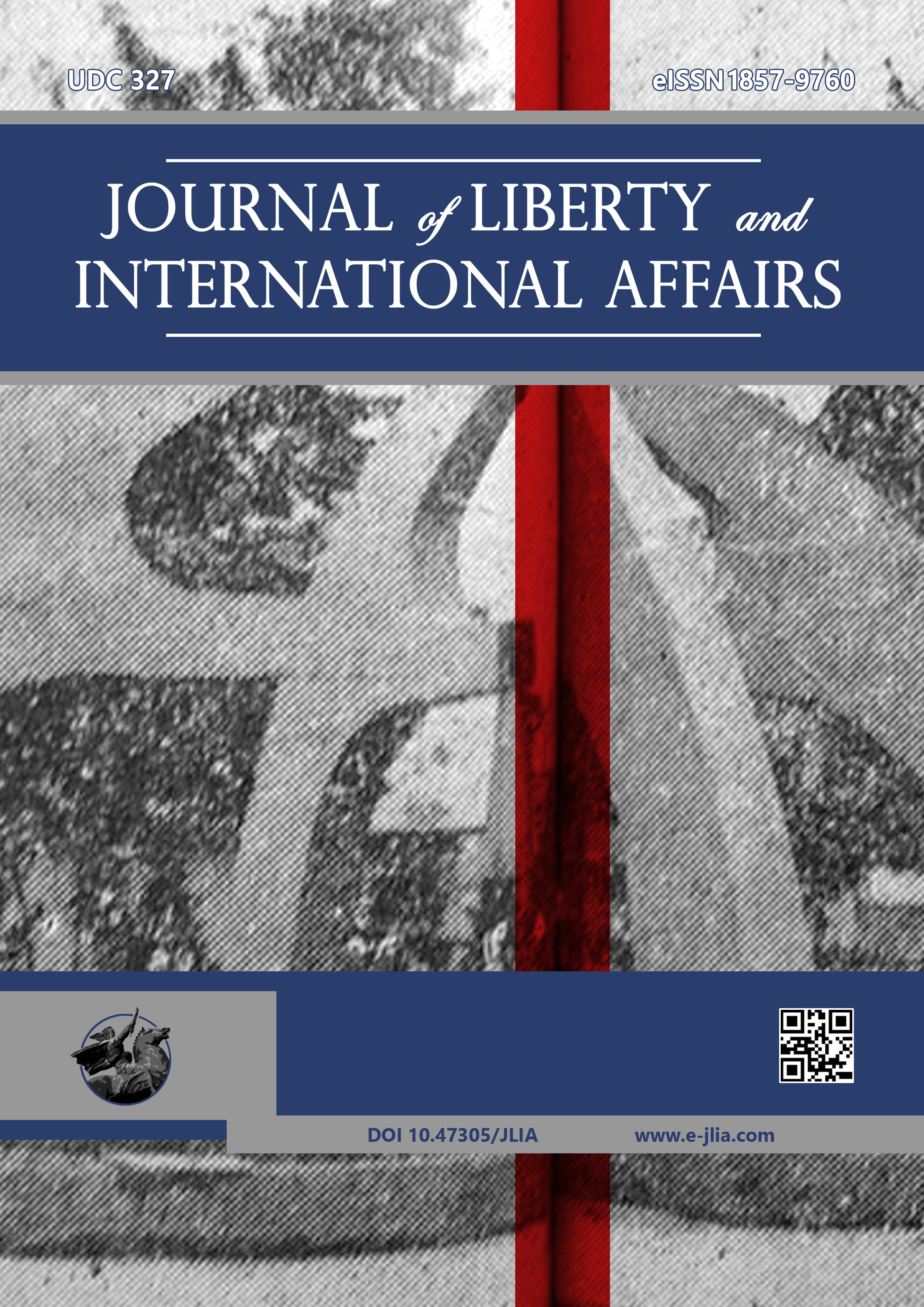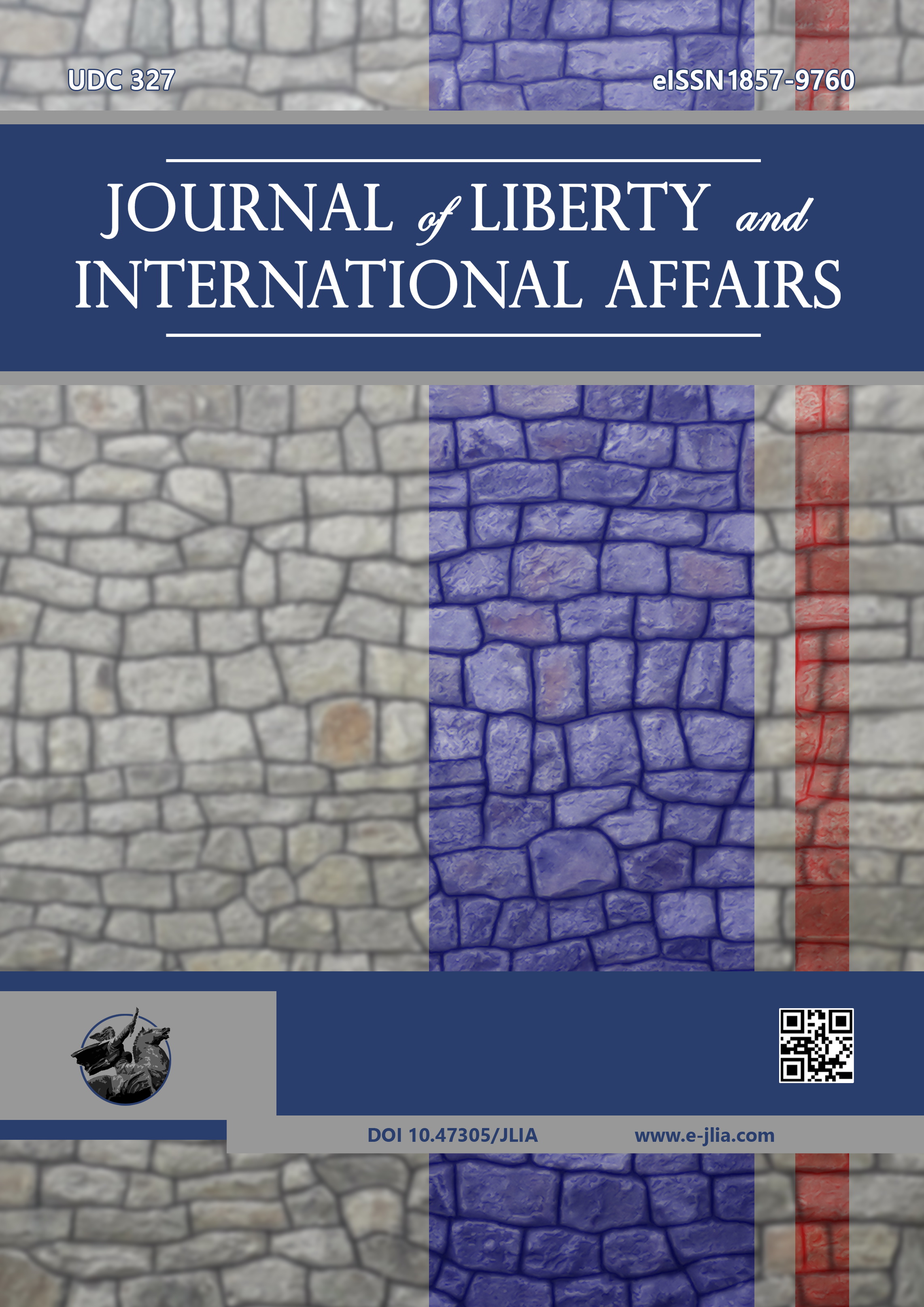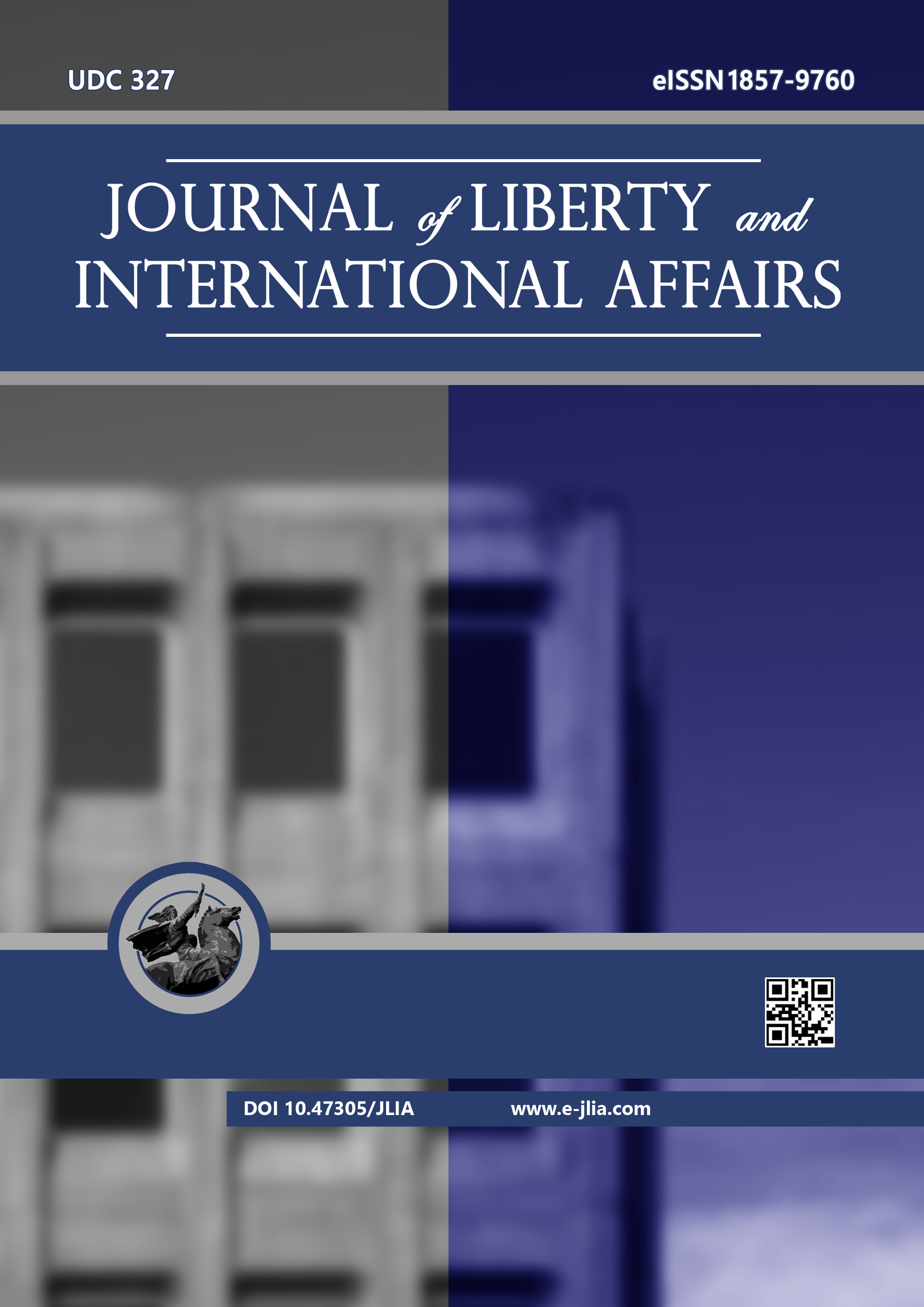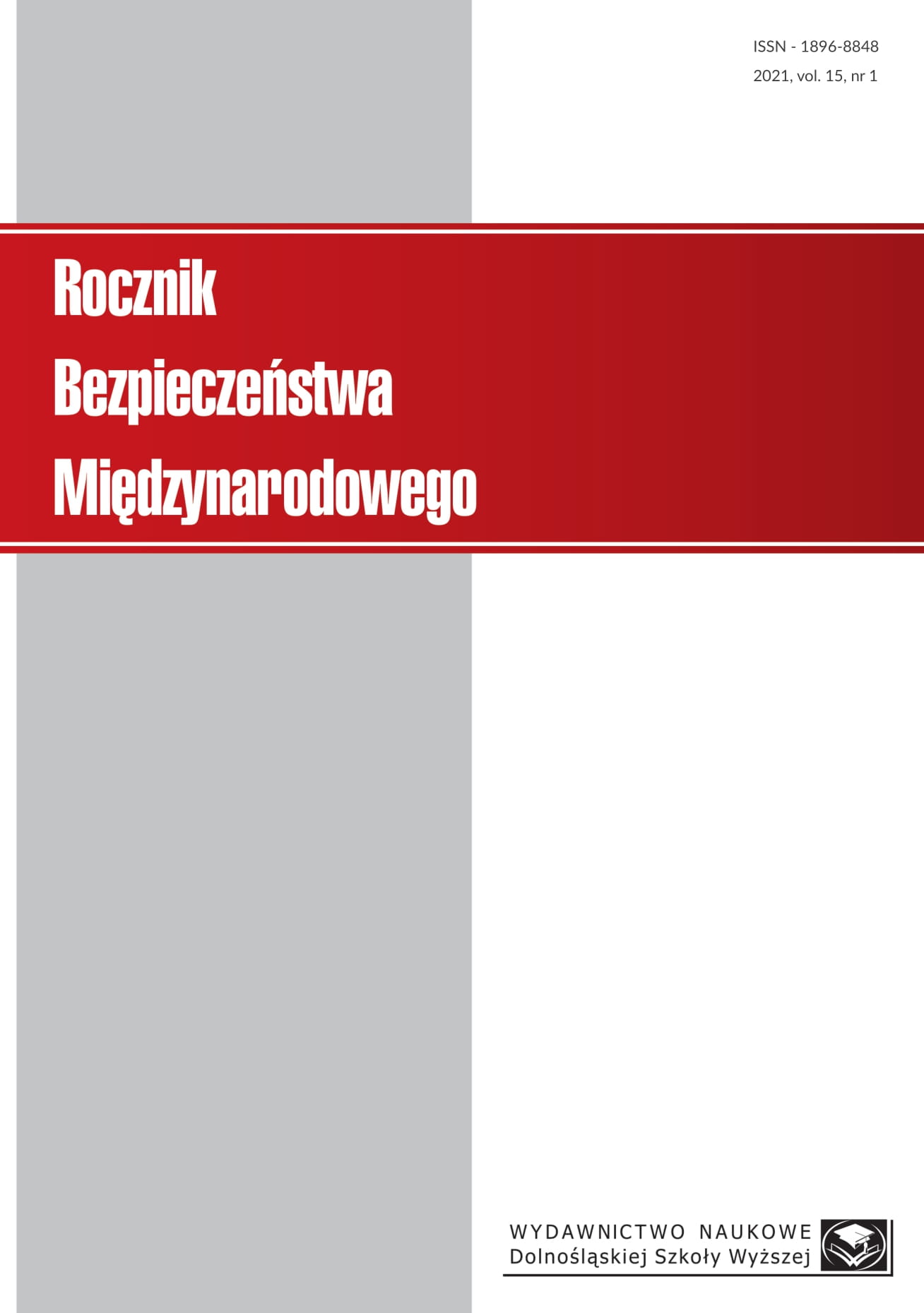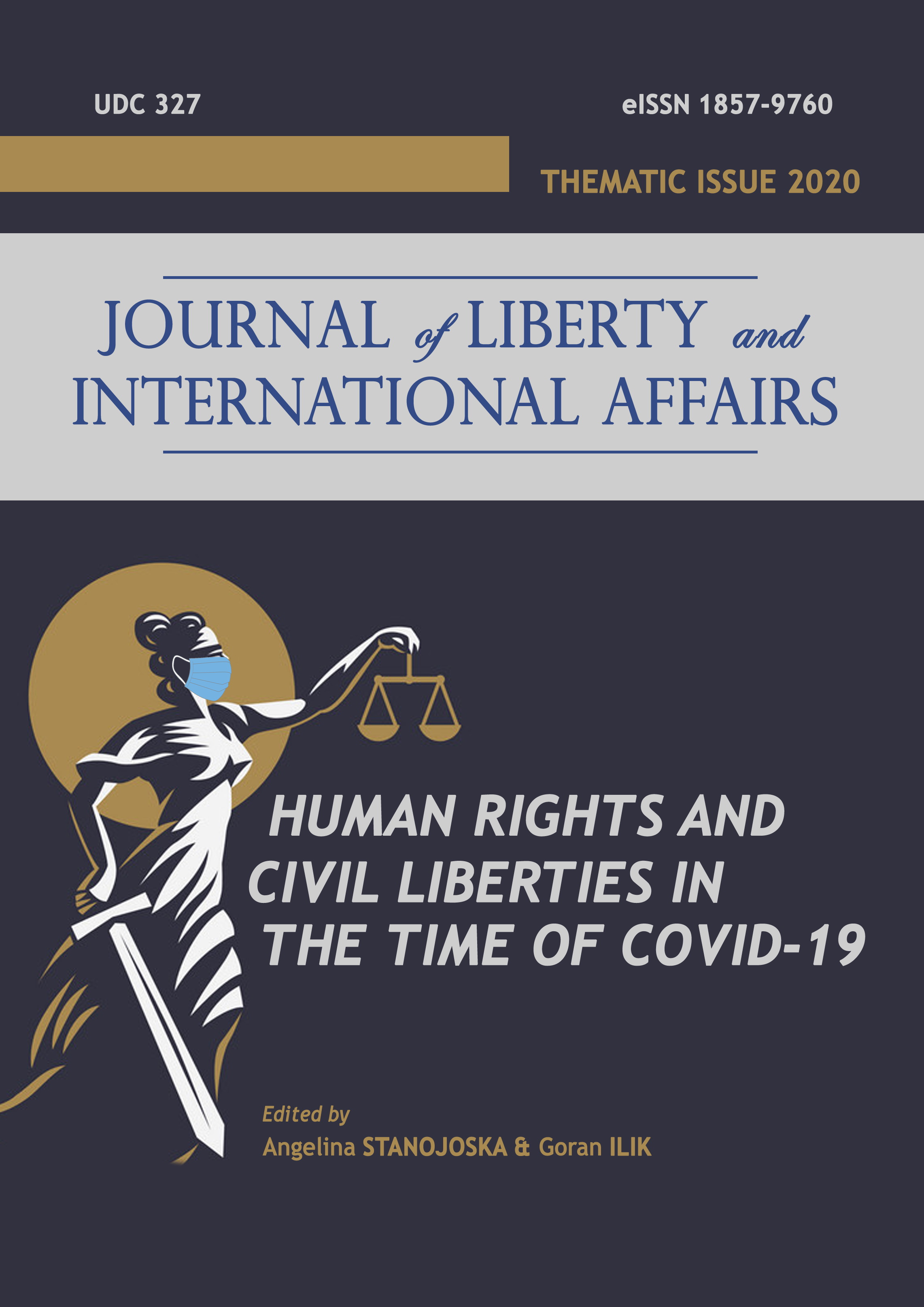
HUMAN RIGHTS AND CIVIL LIBERTIES IN THE TIME OF COVID-19
We’ve seen that living in a pandemic time is not easy at all. We had to stop our everyday lives, change the way we worked before, stay physically, but not socially distant to others, to postpone travelling for better times. Also, measures taken by states around the world, to slow the spread of the coronavirus, have shown that guaranteeing human rights and civil liberties during these times is and will be a challenge. The ongoing health crisis asked for extensive lockdowns, becoming also an economic and social crisis. It opened even deeper economic and social differences, affecting vulnerable social groups differently. States should use maximum action to save lives and slow the spread of the coronavirus, but should also minimize the negative consequences.
More...

